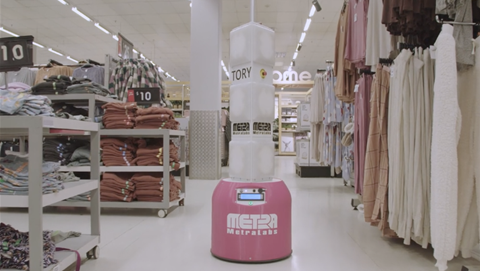Freight forwarding scams have bankrupted “a number” of Australian businesses with losses averaging up to $100,000, the Australian Cyber Security Centre (ACSC).

The ACSC said that small and medium-sized businesses were being hit particularly hard by one strain of the scam requesting quotes on the supply of “IT and electrical products”.
The scammers spoof domains, emails and signature blocks of legitimate executives from universities and large Australian enterprises, the centre said.
“Using the assumed identity, the scammers approach SMEs requesting quotes and delivery of IT including hard drives and laptops or technical goods,” it said.
“If the victim responds to the quote, the scammers attempt to gain credit by either delaying payment through excuses, or requesting payment on the invoice on 30 or 14 days credit.”
The victim is directed to send the goods to an Australian freight forwarding company “and handed to another scammer who manages the delivery phase.”
“The name on the delivery contact is almost always different to the original scammer,” the centre noted.
“The scammers then attempt to scam the freight company, by providing payment through stolen credit cards or on credit.
“They request shipment to a number of different locations overseas, such as Dagenham, UK, Deira, Dubai, Kuala Lumpur, Malaysia and Singapore.”
The scam has already caught out Australian suppliers to the tune of $700,000, prompting the ACSC warning.
“A number of Australian businesses have been forced to close since the scam began due to the losses they have sustained,” the ACSC said.
“The amounts lost average between $30K and $100K with the largest to date being $170K.”
The ACSC said that suppliers should call prospective customers directly to confirm that an order and contact are genuine, “validating the customer before providing any credit”.
Freight forwarding scams are a variation of a larger group of scams known as business email compromise or BEC.
Telstra reported last year that BEC often came in the form of fake overdue invoices or alterations to legitimate invoices.
It noted that BEC had cost Australian businesses “millions” of dollars.




.png&h=140&w=231&c=1&s=0)






 iTnews Executive Retreat - Security Leaders Edition
iTnews Executive Retreat - Security Leaders Edition
 iTnews Cloud Covered Breakfast Summit
iTnews Cloud Covered Breakfast Summit
 The 2026 iAwards
The 2026 iAwards












_(1).jpg&h=140&w=231&c=1&s=0)



